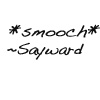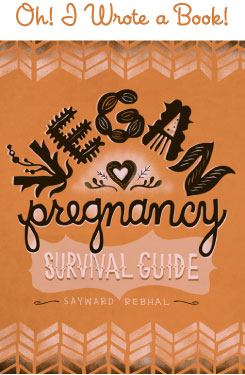 [source]
[source]
At the end of 2011 I was given the opportunity to attend an amazing web-based parenting class called Raising A Humane Child. The class is mentor-led but self-motivated, and is held through The Institute For Humane Education (IHE), a non-profit educational organization dedicated to “creating a humane world”. And they’re kind of incredible.
The IHE offers a variety of courses, everything from an accredited graduate program, to summer seminars for teachers, to in-person workshops and online parenting classes. It’s really an amazing institution and I encourage you to check it out!
You know how they say, “you attract that which you need”, or “the right people come into your life at the right time”, and other such sentiments? Well, Raising A Humane Child was offered to me at a point in my parenting journey that could only be describes as a “low”. I was frustrated and discouraged and desperate for guidance. And this course became my bright light at the end of the tunnel.
There are two main components to the class, which include 1) reading the course text, Above All, Be Kind: Raising A Humane Child In Challenging Times, and 2) assignments which are provided (and then “due”) every other day. The structure is non-demanding and the course leader is very flexible. There are no grades, and you don’ even have to submit your exercises if you’d prefer to keep them private. The focus is on discussion, sharing, learning, and growing. From the introductory material:
“There is no blueprint for raising a humane child. However, the premise of Above All, Be Kind and this course is that if we bring the tools of a humane educator to our parenting, our children will have the greatest opportunities to manifest their deepest values – learned largely from us as parents – and become ever more humane: compassionate, kind, honest, generous, and wise.”
This class is much more about examining your own life and your own belief system, than it is so much a “guide to parenting”. The accompanying text, Above All, Be Kind is not actually a text book at all. But it’s an awesome resource, and I’d recommend it for any parent really, regardless of whether or not you want to take the class.
The coursework itself is simply a series of exercises, a sort of directed self-discovery. There are no right or wrong answers, only personal realizations. For example, I found it very valuable to do things like . . . “list and discuss the values that I have absorbed through my culture, community, and media, that do not actually represent the core of who I am”. Or perhaps . . . “examine what I model – what qualities I demonstrate for my child – and if they match my values”. These are *big-picture* concepts that most of us have probably thought about in a general sense, but it’s very different to sit down, and write down, the specific thoughts and feelings and intentions that you have around such ideas.
Being accountable to the course forced me to reflect on these *big-picture* abstract concepts, and turn them into real-life applications that will inform my parenting choices. Obviously, this was invaluable! The lessons that I learned there will shape the way I parent, and probably the way I live, for the rest of my life.
So needless to say, I can’t recommend it highly enough. But one word of caution – be prepared to take it seriously! The pace moves quickly and you don’t want to fall behind. Make sure that you’ve opened up your schedule so that you can give the course the attention that it really deserves. I speak from experience here! Oi . . .
~~~
Have you ever taken a parenting class? Was it helpful? If not, is there a book or other resource that has influenced your parenting choices? I’d love to hear about it in the comments!

-
http://greenfeatherherbs.blogspot.com/ Greenfeatherherbs
-
http://www.emilyscrueltyfreekitchen.blogspot.com/ Emily
-
Sarah C
-
http://fridgescrapings.com/ Lou
-
Megan Travis-Carr
-
Diana
-
http://windycityvegan.wordpress.com Monika {windycityvegan}
-
http://easierthanyouthink.wordpress.com/ Ginger Baker
-
http://windycityvegan.wordpress.com Monika {windycityvegan}
-
http://easierthanyouthink.wordpress.com/ Ginger Baker
-
Amy
-
Amy Morley
-
Megan Travis-Carr
-
Megan Travis-Carr



